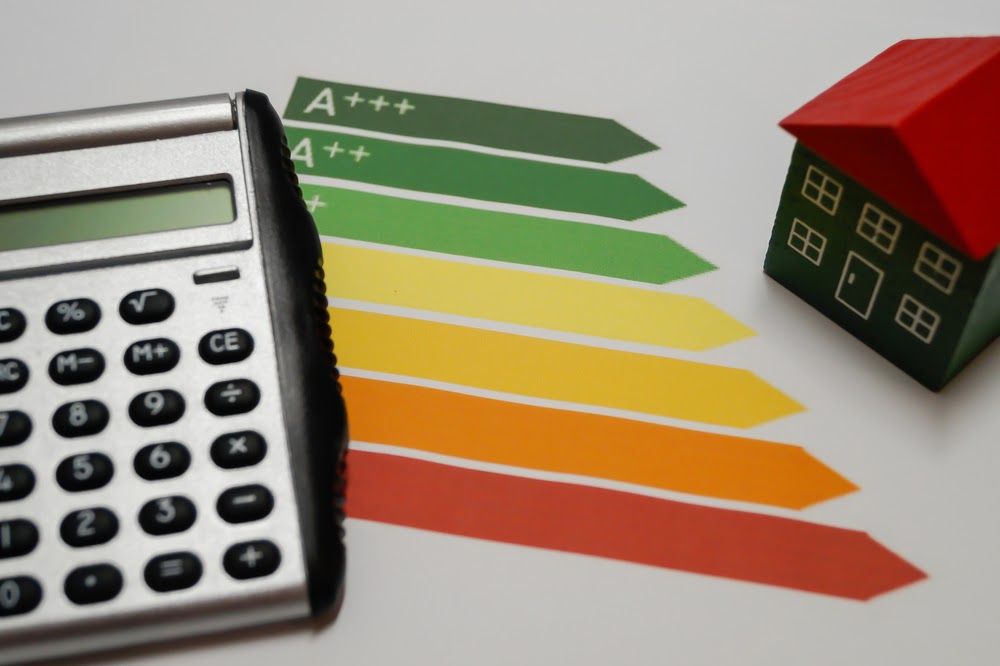Energy Prices & Coronavirus: What You Should Know
Did you know that a significant portion of your annual household budget is spent on energy? It’s estimated that the average household in the U.S. spends between 5-22% of their annual after-tax income on energy bills. This is why it’s so important for you to learn more about energy prices so you know where your money is going. Now that many families are struggling financially due to the coronavirus pandemic, it’s especially important to understand where you can reduce your monthly expenses.
What affects the price of energy? Will prices go up as a result of the global coronavirus pandemic? What changes can you make to lower your energy bills? Here’s what you need to know:
What Factors Impact Energy Prices?
The price of gasoline, coal, natural gas, and other energy sources changes on a regular basis. A number of factors can impact the price of energy, including:
- Demand: Energy prices will go up when demand increases. This is why energy prices tend to be higher in the summer and winter, when people tend to consume more energy in order to stay cool or warm in their homes.
- Weather conditions: The weather can make it harder or easier for utility providers to generate energy, which will affect energy prices. For example, rainy conditions can make it easier to generate hydropower, so energy prices may drop. But if the area is in a drought, energy prices may rise since it will be harder to produce hydropower.
- Operating costs: Every utility provider must factor in operating, repair, and maintenance costs when setting energy prices.
- Current events: Events that take place around the world, such as wars, trade agreements, and civil unrest can also affect the price of energy.
- Regulations: City, county, state, or federal government entities may establish energy pricing regulations.
The price of energy can vary on a minute-to-minute basis because so many factors affect the cost.

Will the Coronavirus Pandemic Affect Energy Prices?
Millions of people have been ordered to practice social distancing at home, and countless non-essential businesses have temporarily closed in response to the global coronavirus pandemic. Essentially, the coronavirus pandemic has hit the pause button on the global economy, and this sudden slowdown could impact energy prices.
The four sectors of the U.S. that consume energy are the industrial, commercial, transportation, and residential sectors. There’s no doubt that the coronavirus pandemic will lower the amount of energy consumed by the first three sectors. After all, most businesses are closed, and people are primarily staying home, not traveling by plane, bus, or car. The demand for energy from these three sectors will certainly drop due to the coronavirus pandemic, which could lower the price of energy.
However, energy usage in the residential sector will undoubtedly increase as a result of coronavirus. This is because more people are staying home, which means they will consume more energy than usual throughout the day. So although the global price of energy may decrease, your energy bill may actually go up due to the increase in demand and consumption in the residential sector.
How Can You Lower Your Energy Bill?
For people who are spending more time at home due to the coronavirus pandemic, it’s important to take action now to ensure your energy bill does not skyrocket over the next several weeks or months. Here are some simple steps you can take to keep your energy expenses under control:
- Close the air vents in empty rooms so you aren’t wasting energy on heating or cooling rooms that aren’t being used.
- Turn on your ceiling fans instead of dialing the temperature down on your thermostat.
- Make sure your air filters are clean. If the filters are dirty, the system will have to work even harder to keep you comfortable.
- Replace the light bulbs in your home with energy efficient bulbs, which consume less energy and last much longer than traditional bulbs.
- Turn off the oven a few minutes early. The heat that remains inside the oven will finish cooking your meal.
- Don’t turn on your dishwasher or washer until you are ready to wash a full load of dishes or clothes.
- Lower the brightness levels on your TVs and computers.
- Lower the temperature on your hot water heater to 120 degrees Fahrenheit.
- If you are charging a smartphone, tablet, or laptop, make sure to unplug both the device and the charger when the battery is fully charged. The charger will continue to consume energy if it is plugged into the wall—even if there isn’t a device connected to it.
Use these strategies to save now and in the future. Following these tips can help you reduce your energy usage and save money even after the coronavirus pandemic has been resolved.
Keep Energy Costs Low At Home
It’s important to understand the basics of energy pricing in order to determine the best way to lower your energy costs at home. By using the information in this guide, you can lower your home’s energy consumption, protect the planet, and save money month after month.


